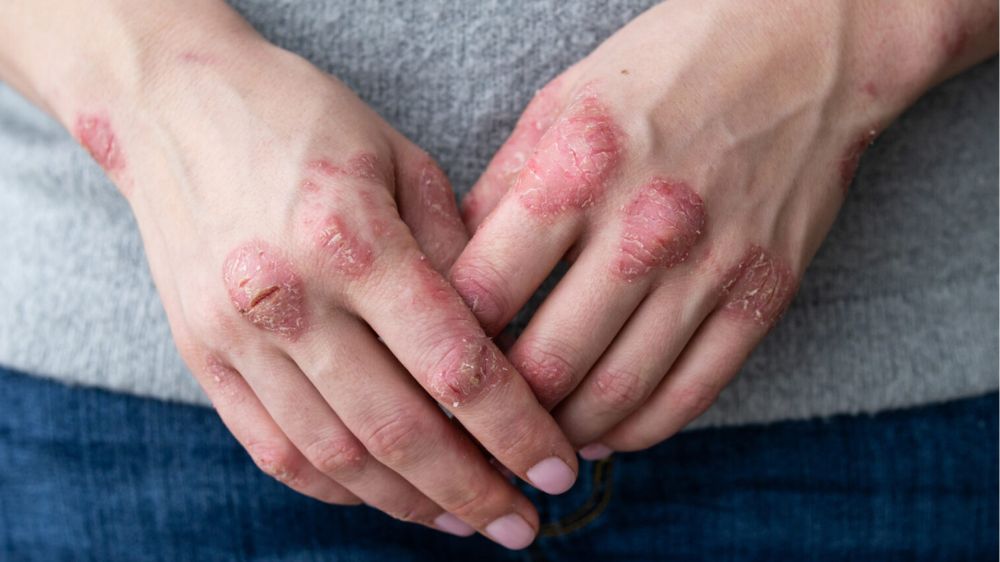
admin
18-09-2023
Psoriasis is a chronic skin condition that affects millions of people worldwide. It’s characterized by the rapid buildup of skin cells, leading to the formation of red, scaly patches on the skin’s surface. While it can be uncomfortable and sometimes even emotionally challenging, understanding psoriasis, including its causes, symptoms, and triggers, is the first step toward effective management. In this article, we’ll delve into these aspects of psoriasis and also introduce you to the concept of Ayurvedic and Naturopathy with a special mention of SPPC Patanjali Wellness Center (Ayurvedic Hospital in Delhi)
The exact cause of psoriasis remains a subject of ongoing research, but it is believed to result from a combination of genetic and environmental factors. It’s not contagious, and you can’t “catch” it from someone else. Instead, psoriasis is related to an overactive immune system that mistakenly targets healthy skin cells. This immune system malfunction triggers the rapid skin cell production seen in psoriasis.
Psoriasis symptoms can vary from person to person, but common signs and symptoms include:
It can be triggered or exacerbated by various factors, including:
While there is no cure for psoriasis, there are various treatments available to manage its symptoms. Some individuals explore alternative therapies like Ayurveda and Naturopathy alongside conventional treatments.
“One notable center that offers Ayurvedic and Naturopathy treatments for various health conditions, including psoriasis causes, is the SPPC Patanjali Wellness Center in Delhi. They provide a range of natural therapies tailored to individual needs, aiming to address the underlying factors contributing to psoriasis and promote holistic well-being.”
Understanding psoriasis, including causes, Psoriasis symptoms, and triggers, is essential for those living with this skin condition. While there is no one-size-fits-all approach to treatment, exploring options like Ayurveda and Naturopathy alongside conventional treatments can provide additional avenues for managing psoriasis causes and improving overall well-being. If you’re interested in alternative treatments, consider reaching out to centers like the SPPC Patanjali Wellness Center in Delhi for personalized care and guidance. Always consult with healthcare professionals to create a comprehensive psoriasis management plan that suits your specific needs.